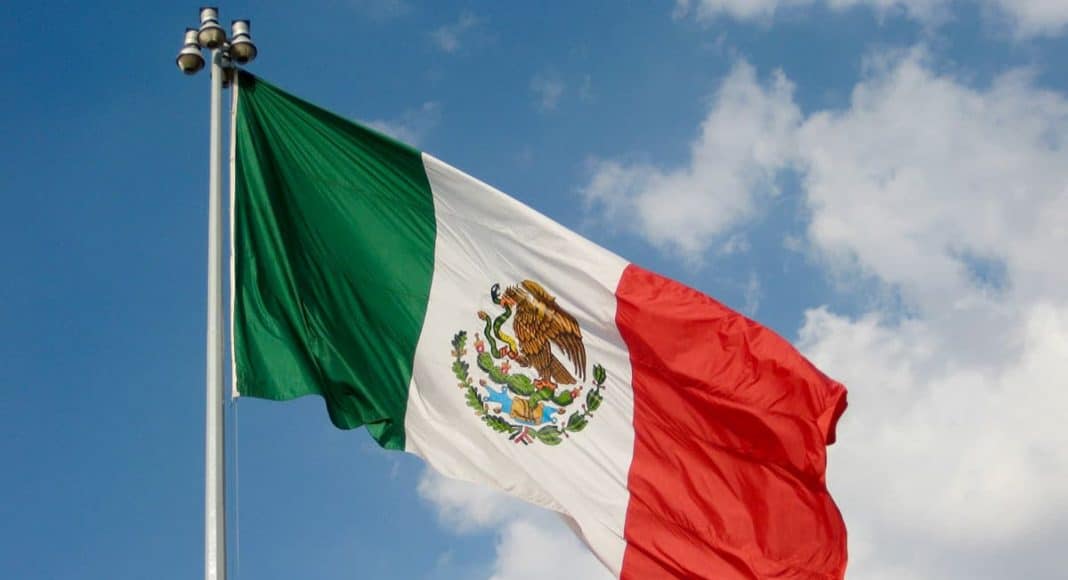Mexico is set to legalize the sales of infused edibles, tinctures, salves and other marijuana medicines by the first part of next year.
Though Mexico decided in June to legalize medicinal and scientific use of the plant, recreational use and growing your own is still forbidden.
According to Reuters, the health regulation agency Cofepris said that the regulations will be published within days and should only take a month to put into place once set on paper. This will make it so the infused items can be ready for market come the end of January.
-
Related Story: 9 Extraordinary Health Benefits Of Totally-Legal Hemp Seeds
Arturo Tornel is the spokesman for Cofepris and said that they expect items to be imported to Mexico and eventually they will have cannabis imported to make the goods in country. However, the new law doesn’t touch cannabis in the raw for consumption.
Growing your own cannabis is yet prohibited in Mexico, except for four lucky individuals, who were granted the right to cultivate back in 2015. Many say that this move, no matter how small it may seem, has paved the way toward further legalization.
Marijuana legalization is a heated debate in Mexico, where drug cartels have claimed more than 10,000 lives per year since the inception of the Mexican Drug War in December 2006. And despite US legalization efforts, the cartels are still making millions importing cannabis into the United States. It has also been reported that up to 90 percent of the US supply of cocaine comes over the Mexican border.
-
Related Story: Can Marijuana Get Rid Of My Terrible Morning Sickness?
There is a growing trend of marijuana legalization around the world right now, many countries leading the way are Latino, with Uruguay placing as the first country to legalize cultivation and distribution, and again in 2017 when they became the first country to fully legalize recreational.
Mexico itself is taking a big step with the introduction of infused products to its medical cannabis scene. Perhaps with time they will be able to cultivate their own medicine and have homegrown operations that make for sustainable communities; for now the world will watch and analyze these latest infusion developments with great interest.


